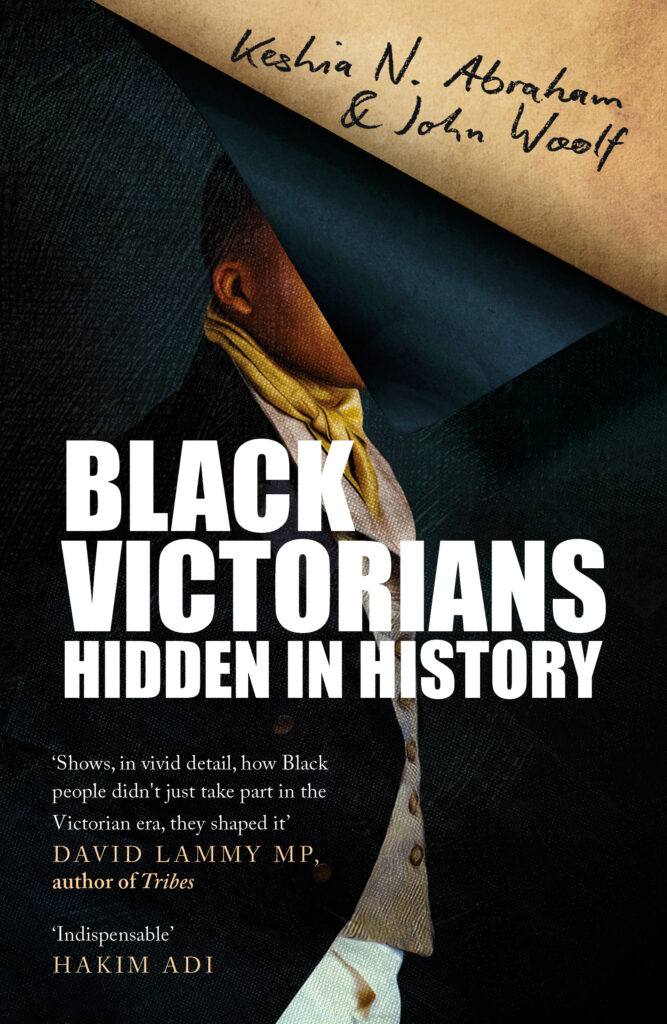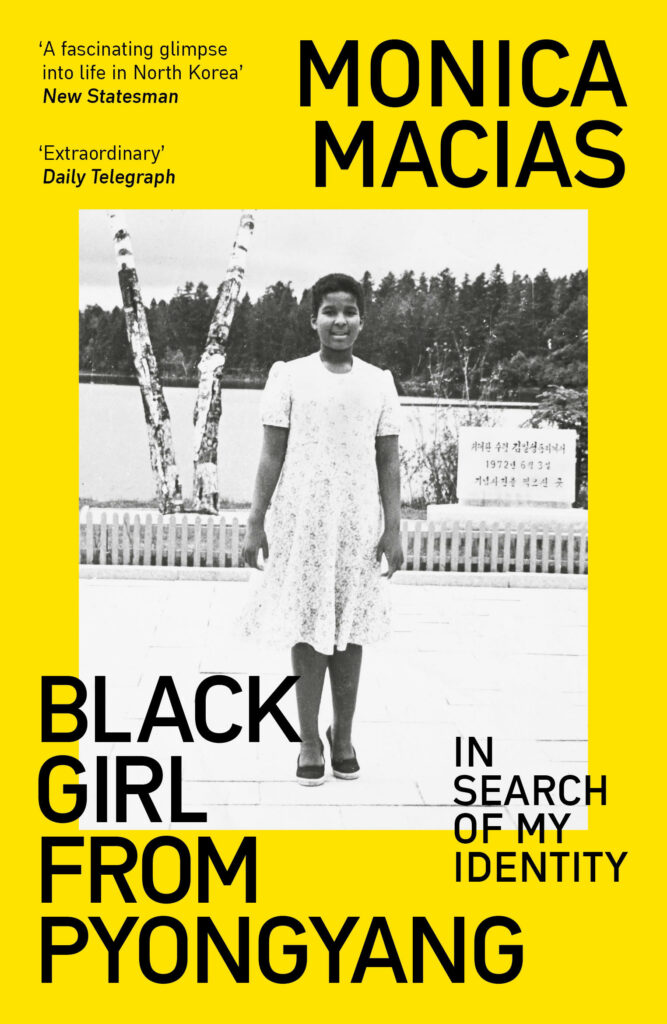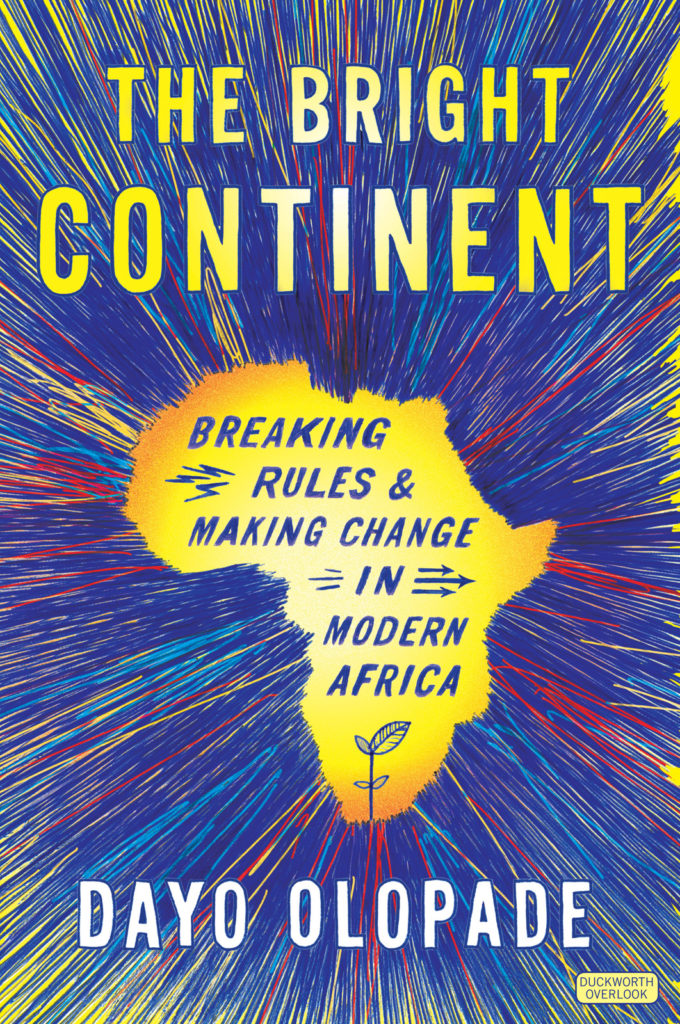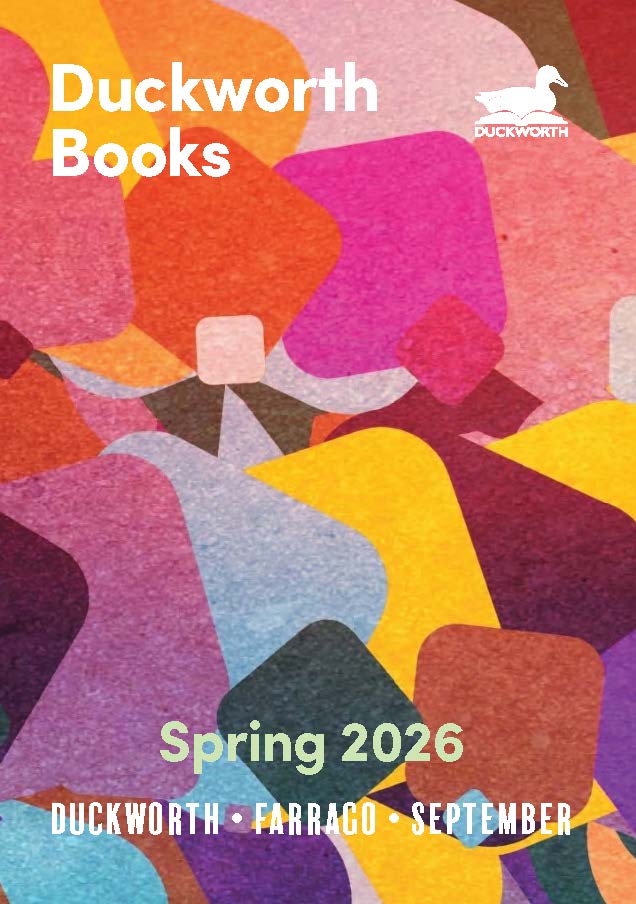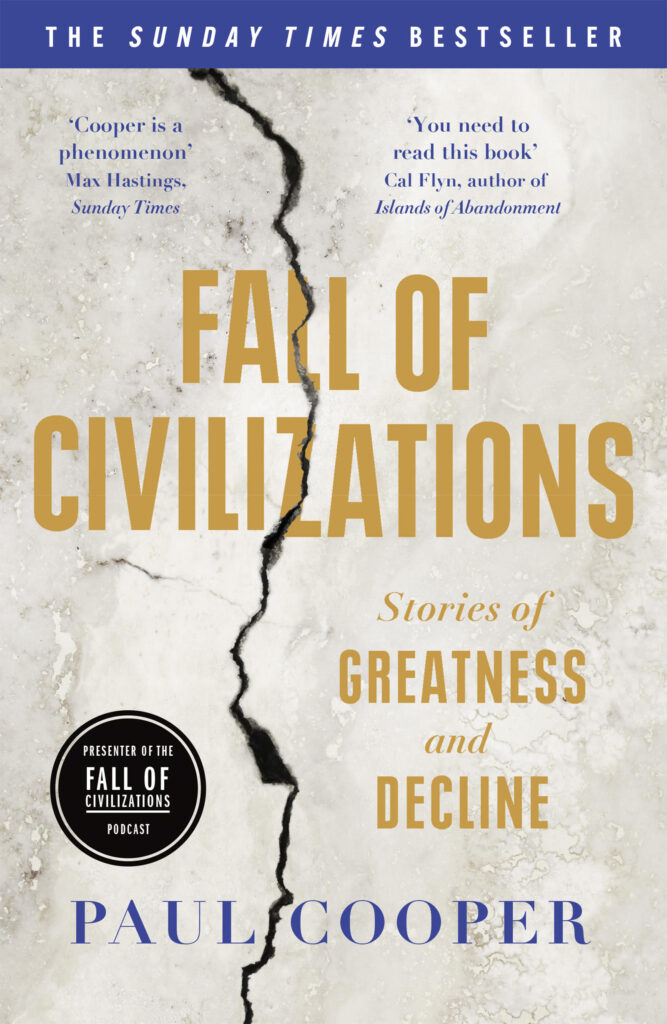
THE SUNDAY TIMES BESTSELLER
‘You need to read this book’ Cal Flyn, author of Islands of Abandonment
‘Cooper is a phenomenon’ Max Hastings, Sunday Times
**Based on the hit podcast with over 200 million streams**
The world is full of ruins. From the Colosseum of Rome to the crumbling suburbs of Detroit, the vine-wreathed temples of the Maya to the shell-pocked buildings of Bakhmut and Gaza. Each of these ruins has a different history, but all of them are places where, one day, the future ended.
In Fall of Civilizations, historian Paul Cooper tells the stories behind our greatest civilizations, how they rose to power and what life was like for the people who witnessed their downfall. Based on the critically acclaimed podcast, this extraordinary book turns a clear eye on to humanity’s past mistakes – and whether we are doomed to repeat them.
